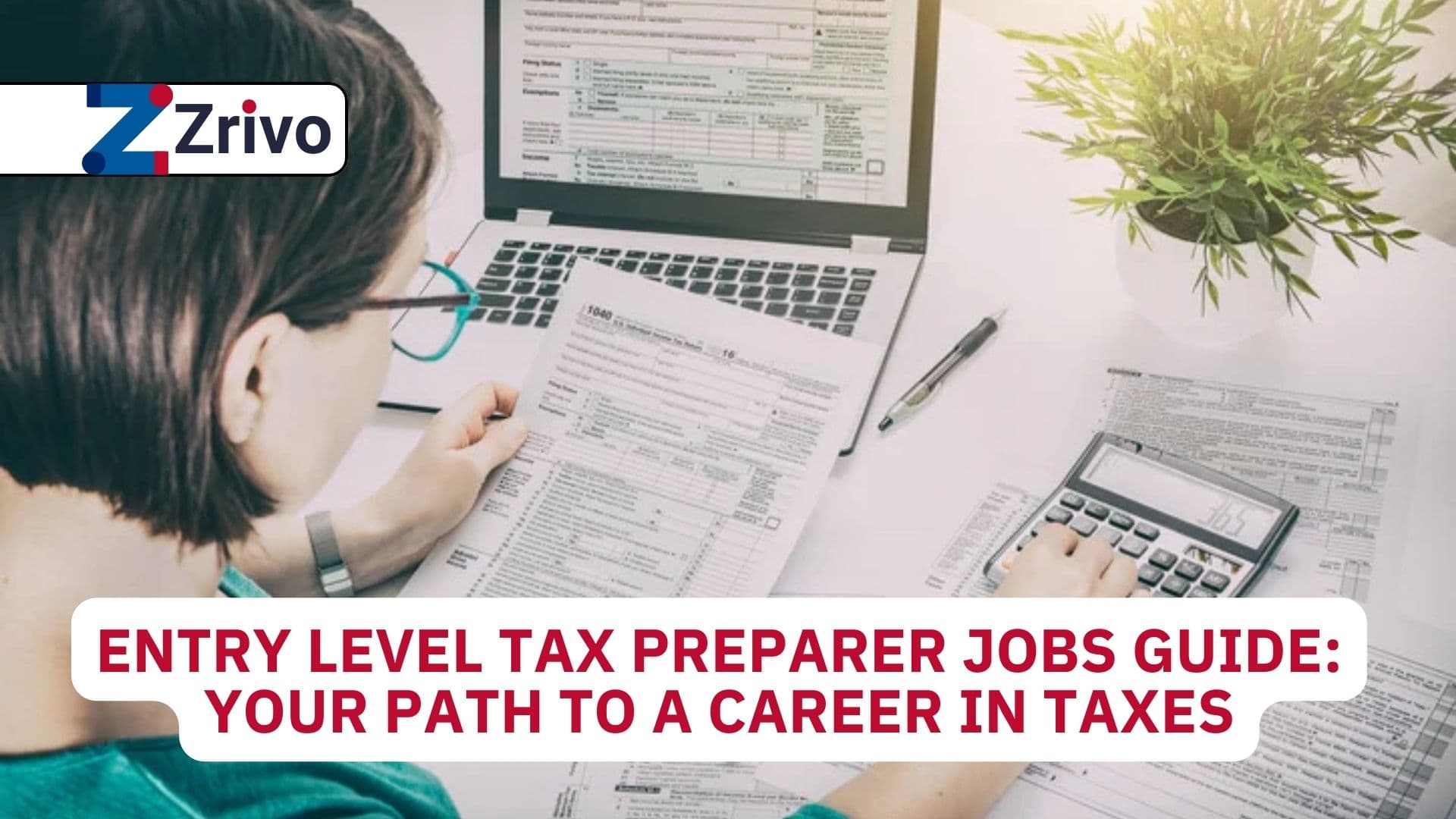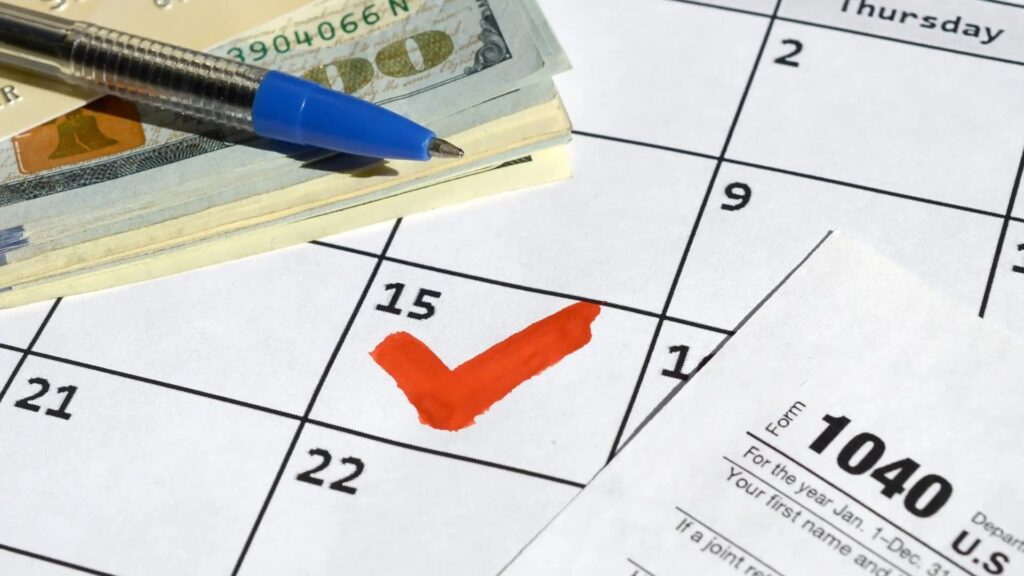
If you’re searching for a rewarding way to break into the world of finance, the Entry Level Tax Preparer Jobs Guide is your ticket to understanding how to land your first role, what employers are looking for, and how to set yourself up for long-term success in tax preparation. Entry level tax preparer jobs are ideal for detail-oriented, number-loving individuals who want to help people navigate the sometimes-murky waters of tax season. In this guide, we’ll cover everything from the typical job description and required skills, to the steps for becoming a certified tax preparer, average entry level tax preparer salary, and the best ways to gain experience. Whether you’re fresh out of school, making a career switch, or just want to know what it takes to get started, you’ll find practical advice, insider tips, and all the entry level tax preparer keywords you need to boost your job search and stand out from the crowd.
What Does an Entry Level Tax Preparer Do?
Entry level tax preparers are the backbone of tax season, working with individuals and small businesses to prepare and file accurate tax returns. Their duties typically include:
- Interviewing clients to gather financial information
- Reviewing tax documents and verifying accuracy
- Calculating tax liabilities, deductions, and credits
- Completing and submitting tax forms to the IRS and state agencies
- Advising clients on basic tax matters and compliance
- Keeping up-to-date with changes in tax laws and regulations
Most entry level tax preparers work for tax preparation firms, accounting offices, or as seasonal employees during tax season, with opportunities to advance as they gain experience.

Skills and Qualifications Needed
To thrive as an entry level tax preparer, you’ll need a blend of technical know-how and people skills. Here are the essentials:
- Education: A high school diploma is typically required; coursework in accounting, business, or finance is a plus.
- Certification: You must obtain a Preparer Tax Identification Number (PTIN) from the IRS. Some states require additional licensing or credentials.
- Technical Skills: Basic math, computer literacy, and familiarity with tax software.
- Soft Skills: Attention to detail, strong communication, customer service, and organizational abilities.
- Experience: While previous tax or accounting experience is helpful, many employers offer on-the-job training or free tax preparation courses for beginners.
How to Become an Entry Level Tax Preparer
Ready to get started? Here’s your step-by-step roadmap:
- Complete Your Education: Finish high school or earn a GED. Consider taking courses in bookkeeping, accounting, or tax basics.
- Get Certified: Apply for a PTIN through the IRS. This is mandatory for anyone preparing tax returns for compensation.
- Gain Experience: Look for entry level roles at tax preparation companies (like H&R Block, Jackson Hewitt, or Liberty Tax), or seek seasonal positions during tax season. Many companies offer free training programs for new hires.
- Build Your Skills: Stay current with tax law changes by attending workshops, webinars, or pursuing additional certifications such as the IRS Annual Filing Season Program.
- Advance Your Career: As you gain experience, you can pursue higher-level certifications (like Enrolled Agent status) and move into senior tax preparer or tax accountant roles.
Typical Entry Level Tax Preparer Job Description
| Duty | Description |
|---|---|
| Client Interviews | Meet with clients to collect tax information and documents |
| Document Review | Check W-2s, 1099s, receipts, and other tax forms for accuracy |
| Tax Preparation | Calculate liabilities, deductions, and credits using tax software |
| Filing | Submit federal and state tax returns electronically or by mail |
| Customer Service | Answer client questions and provide basic tax advice |
| Compliance | Ensure all returns comply with IRS and state regulations |

Entry Level Tax Preparer Salary & Job Outlook
- Average Hourly Wage (US): $13–$18 per hour, with some roles paying up to $36 per hour depending on location and experience.
- Median Annual Salary: Approximately $49,000, though entry level positions may start lower and increase with experience.
- Job Outlook: The demand for tax preparers remains steady, especially during tax season. With experience, you can move up to higher-paying roles or specialize in more complex tax areas.
Tips for Landing Your First Tax Preparer Job
- Highlight Relevant Skills: Emphasize attention to detail, math abilities, and customer service on your resume.
- Get Certified Early: Secure your PTIN and any state-required credentials before applying.
- Seek Out Training: Take advantage of free or low-cost training programs offered by major tax prep companies.
- Network: Connect with professionals in accounting and tax preparation through online forums or local events.
- Stay Updated: Tax laws change frequently—show employers you’re proactive about learning.
Frequently Asked Questions
Q: What qualifications do I need for an entry level tax preparer job?
A: Most entry level tax preparer jobs require a high school diploma, a PTIN from the IRS, and basic math and computer skills.
Q: How much does an entry level tax preparer make?
A: Entry level tax preparers typically earn $13–$18 per hour, with potential for higher pay as you gain experience.
Q: Do I need experience to get hired as a tax preparer?
A: No prior experience is usually required; many employers offer training for beginners.
Q: Is tax preparation a good career for advancement?
A: Yes! With experience and additional certifications, you can move into higher-paying roles or specialize in complex tax areas.
With this guide, you’re ready to launch your journey into the world of entry level tax preparer jobs—good luck, and happy number crunching!